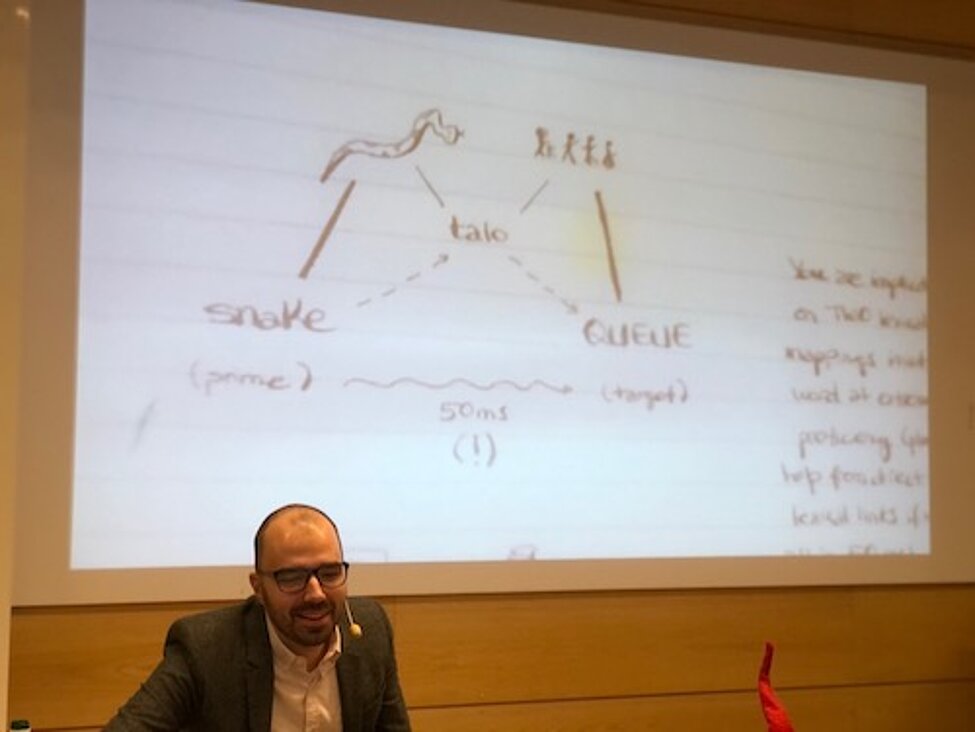Learning new words in a foreign language is like a game of Snakes and Ladders. We can learn them by using our knowledge about words we already know (representing the ladders). More often than one might think, meaning of words in different languages varies, causing difficulty in learning and use (representing the snake). To give an example, Swedish does not make a difference between to lend and to borrow while such a distinction is made in English.
If you are a native speaker of Swedish, imagine that you are about to learn these words for the first time. Most likely, you will learn that the translation of the Swedish att låna in English is to borrow and that you should use to lend and to borrow depending on the direction of the action. While this is a simple distinction, you will probably have a hard time remembering to make it because of Swedish. It might even be the case that you feel that this difference is trivial.
The doctoral thesis Snakes and Ladders investigates the learning and use of these types of words. Depending on language combination, they may represent up to half of all words. Both second and third language learners are investigated. Much of previous research has focused on the difficulties these words cause in the foreign language primarily focusing on mistakes. Snakes and Ladders, in addition to investigating these in the foreign language, also looks at the effect these words have on the native language after having learned the foreign language. Most importantly, the investigations in Snakes and Ladders test both the outcomes as well as the difficulty it took to arrive at them.

